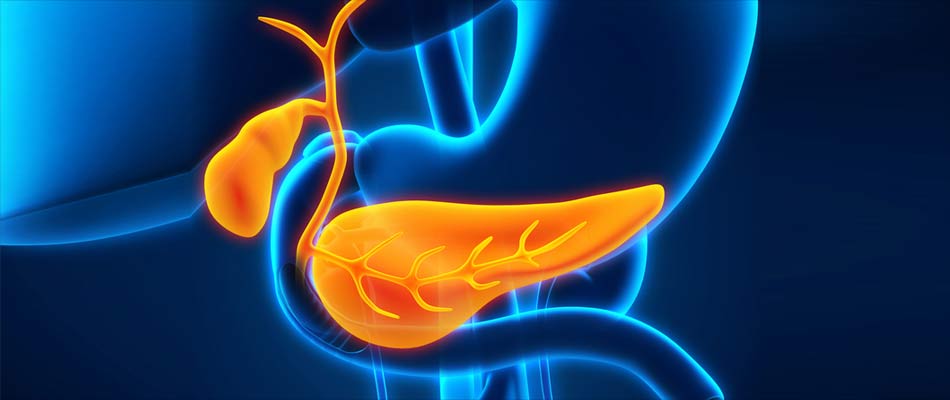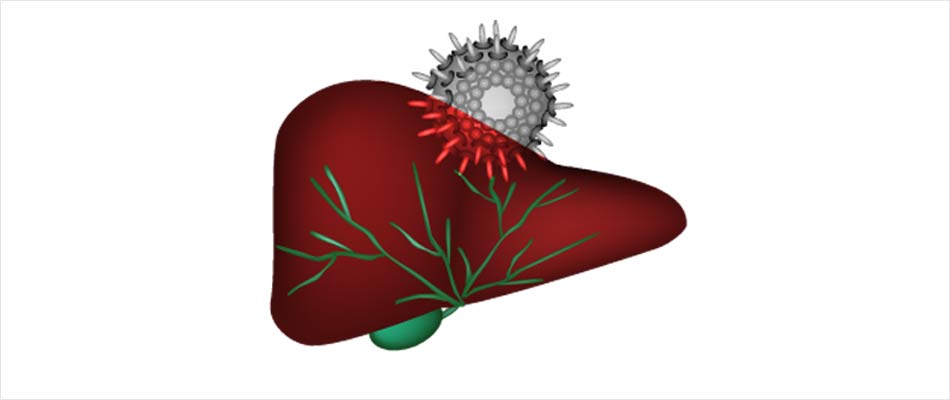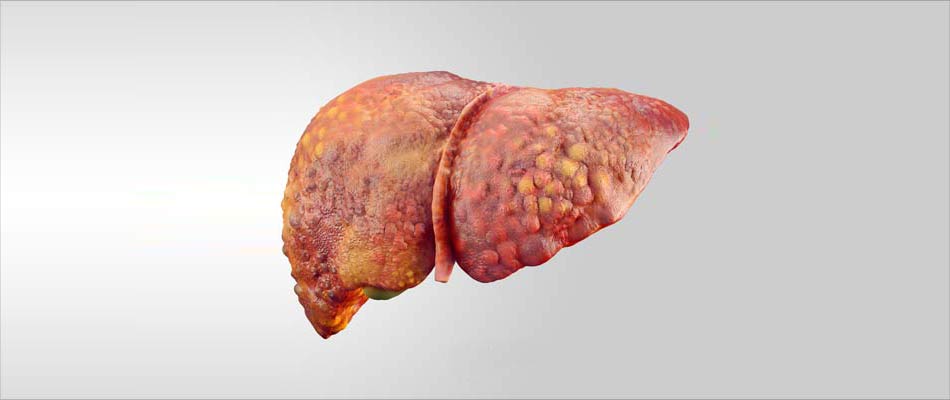Medindia » Multimedia » Slideshows » Twenty One Effects of Drinking Alcohol and How it Damages Your Body

Alcohol starts affecting your body right from the first sip you take. Said to be the most common psychoactive substance in the world, consumed by millions of people, alcohol has effects on each and every cell of your body. Consuming a single glass of alcohol daily might not be so harmful, but binging and chronic drinking can harm your body more than you can imagine. Chronic alcohol consumption can not only break you from within but also from outside. It impairs your general well-being like appetite diminishes, sleep gets imbalanced, and memory also weakens as well as your relationship with near and dear ones is affected.

Drinking excess of alcohol increases the risk of pancreatitis. Pancreatitis is inflammation of the pancreas. Scientists say that most often the molecules of alcohol interfere with the enzymes released by the pancreas and disturb their normal functioning leading to inflammation of the pancreas. Pancreatitis can become chronic and is potentially life-threatening.

Liver has many functions, chief of which is to filter and break-down toxins like alcohol. But, excessive consumption of alcohol on a regular basis creates problems in this break down mechanism which leads to inflammatory changes in the liver i.e., hepatitis. Repeated alcohol intake can produce a persistent swelling of the liver causing chronic hepatitis, which can even turn into liver cancer.

Excessive consumption of alcohol over a prolonged period causes chronic liver inflammation. It leads to scarring of the liver. This scar formation leads to destruction of liver cells and is called as cirrhosis. As the liver is now damaged, it becomes harder for the liver to eliminate toxic substances from the body, harming its filtering mechanism.

The pancreas is an organ situated in the abdomen, which helps in digestion and also releases insulin and controls glucose metabolism. The liver also plays a major role in glucose control. Due to excess alcohol, the damaged liver cells cannot keep up with the glucose production. Thus, there is a major risk of experiencing low blood sugar levels leading to dizziness.

Alcoholism can lead to permanent damage to the pancreas i.e., chronic pancreatitis. Damaged pancreas cannot produce enough insulin to utilize blood sugar, causing persistently increased blood sugar levels. This condition is known as hyperglycemia, a hallmark of diabetes.

Alcohol affects the nervous system causing slurred speech. Slurring of speech is one of the first indicators that a person has consumed excess alcohol. Alcohol leads to an imbalance between the brain and the rest of the body making co-ordination difficult, leading to slurring of speech.

Chronic alcohol consumption is one of the causes of Wernicke- Korsakoff syndrome. In this syndrome, there tends to be judgment and memory errors. The most common region of the brain that is hampered when a person is drunk is the frontal lobe. This frontal lobe damage leads to memory loss gradually. Rational thinking too becomes difficult.

One hypothesis postulates that drinking alcohol in moderate quantity helps to dilate the blood vessels and reduce the blood pressure temporarily. But, anything in excess can be dangerous. When alcohol is consumed in large quantities on a regular basis, you may end up having hypertension (high blood pressure). Alcohol contains unwanted calories that can add to unhealthy weight gain, a risk factor for rise in blood pressure.
Irregular heartbeats can occur due to excess alcohol consumption. Chronic alcohol drinking may lead to enlargement of one chamber of heart, mostly the atrium, because of which atrial fibrillations can occur.
Excess alcohol consumption increases the risk of high blood pressure, which is a major risk factor for heart disease. This can also weaken the heart muscle where the efficiency of pumping may reduce and lead to heart failure.

Heavy alcohol intake during pregnancy can lead to structural as well as functional defects in the newborn. This is termed as Fetal Alcohol Syndrome. Consuming alcohol during pregnancy can hamper functioning of the placenta which is the organ that supplies nutrition to the baby and increase the risk of stillbirth. Alcohol can lead to brain damage, developmental problems, and heart disorders in the baby to be born. It can also cause premature delivery.

On an empty stomach, alcohol passes from the stomach directly into the bloodstream. Drinking too much alcohol releases excessive digestive enzymes which lead to inflammation of the gastric lining. Infections in the digestive tract can occur as alcohol lowers the immunity. Alcohol damages the tissues of the digestive tract and disturbs the digestive action as useful bacteria present in the intestine that are needed for digestion are destroyed by alcohol. This can lead to constipation, piles, gastric ulcers, and even stomach cancer.

Chronic consumption of alcohol can cause irritation of the cells that line the various organs of the body increasing the risk of cancer of the mouth, throat, food pipe, stomach, liver, pancreas and the colon.

Excessive alcohol consumption may cause suppression of red blood cell production and affect their functioning. Alcoholics suffer from hemoglobin-deficient red blood cells, a condition called as anemia. Because of anemia, there is an increased risk of repeated infections, swelling of the feet, breathlessness and related ailments.

High alcohol consumption can cause anemia. The overall immunity of the drinker decreases and as the oxygen carrying capacity in blood is reduced, the physical working capacity too is hampered. Slightest exertion causes easy tiredness and might progress to chronic fatigue syndrome, characterized by constant and ongoing sense of weakness for weeks together, despite regular activity.

Alcohol abuse can cause degeneration of the brain tissue. A chronic alcoholic who abruptly discontinues alcohol might experience withdrawal seizures too. Alcohol also interferes with the action of antiepileptic medicines. So, a person who takes antiepileptic medicines along with alcohol might continue having seizures.

Tremors can occur within 72 hours of consuming the last drink, as noted by The National Institutes of Health Report. Tremors also occur as one of the withdrawal symptoms, which may last for almost 10 days after quitting drinking. Delirium tremens, a kind of tremor, can be life-threatening as it can progress to seizures.

Drinking when you are too anxious seems to help calm your nerves temporarily, but on the other hand, drinking can increase your anxiety levels in the long run as alcohol disrupts the balance and processes in the brain. Alcohol relaxes the mind for a very short time and you might end up feeling anxious as the action of alcohol wears off. Similarly, you might experience auditory hallucinations after heavy alcohol consumption. Mood disturbances may also occur and may progress to mimic schizophrenia. Such hallucinations are also a result of sudden alcohol withdrawal. De-addiction has to be done in a phased manner.

Chronic drinking can lead to nutritional deficiencies in the body for nutrients like thiamine, folates and vitamins. Poor nerve and muscle function due to chronic nutritional deficiency can cause muscular atrophy where there is breakdown of muscles for lack of adequate nutrients. Women tend to be more susceptible than men to such atrophy.

Chronic alcohol consumption is known to cause acute respiratory distress as it impairs cellular functions of the lung. It also increases the risk of a bacterial infection. Due to lowered immunity, there is an increasing chance of getting pneumonia.

Alcohol causes bone thinning as it leaches out the calcium from the bones. Osteoporosis, a condition characterized by weakened bones, can occur and increase the risk of fractures. In alcoholics, healing of fractures is slower too, as compared to non-drinkers.



